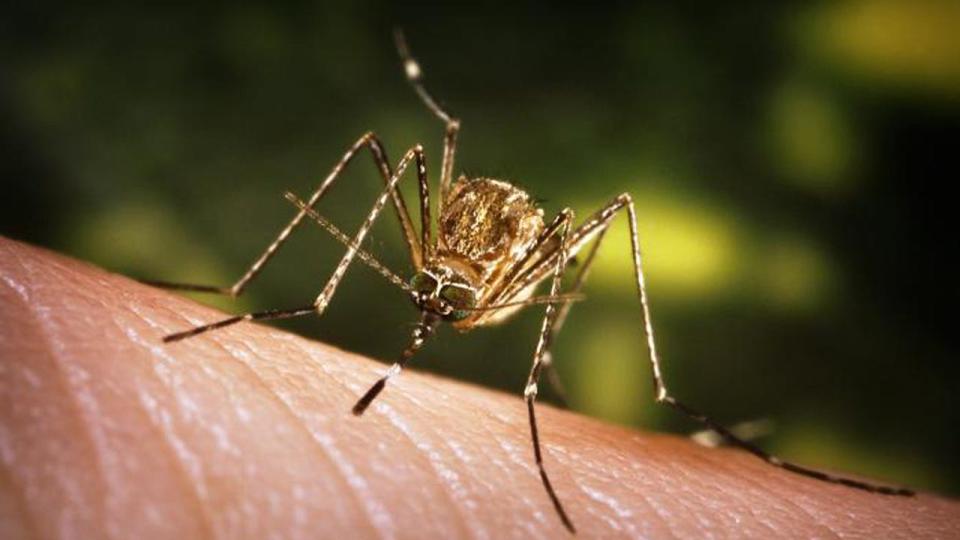First West Nile virus death in San Bernardino County confirmed
On Wednesday, the San Bernardino County Health Officer confirmed that a county resident has become the county’s first West Nile virus-associated death this year.
The unidentified person had underlying health problems and had tested positive for the virus, the county said.
Seven WNV cases have been detected within the county this year. In 2022, the county saw four cases, including one death.
“Due to the increased rainfall this year, there has been a surge in mosquito activity this season. Furthermore, the rainfall from the recent tropical storm is likely to exacerbate WNV,” said county Health Officer Dr. Michael A. Sequeira. “We urge everyone to take proactive measures to eliminate potential breeding sites around their homes and to protect themselves from mosquito bites.”
County officials did not reveal the city, town, or area where the resident may have been infected.
On August 8, county health officials announced the first locally acquired human cases of West Nile had been confirmed in Rialto and San Bernardino.

West Nile Virus
West Nile is transmitted to humans through the bite of an infected mosquito. Signs and symptoms of the virus may include fever, body aches, rash, nausea, vomiting, and headache, health officials said.
Most people infected with the virus have no symptoms. However, people 50 years of age and older and individuals with diabetes, and hypertension, who are immunocompromised or have a recent history of chemotherapy have a higher chance of getting sick and are more likely to develop complications.
The most effective way to avoid WNV infection is to prevent mosquito bites.
If you experience a sudden high fever (above 102°F), severe headache, or a stiff neck, seek medical help right away.
The risk of infection due to WNV typically increases from summer through early fall. Residents are encouraged to protect themselves from mosquito bites during outdoor activities, especially at dawn and dusk.
Protection
Residents can protect themselves from mosquito bites by taking the following precautions:
DRESS – Wear shoes, socks, long pants, and long-sleeved shirts that are loose-fitting and light-colored.
DRAIN – Remove or drain all standing water around your property where mosquitoes lay eggs, including birdbaths, ponds, old tires, buckets, clogged gutters, and puddles from leaky sprinklers.
DOORS – Make sure doors and windows have tight-fitting screens. Repair or replace screens with tears or holes to prevent mosquitoes from entering the home.
REPEL – Use insect repellent with ingredients approved by the EPA, such as DEET, IR 3535, and oil of lemon eucalyptus.
REPORT – Report green or neglected pools by calling the county’s Mosquito and Vector Control Program at 800-442-2283. Press 3 when prompted.
For more information on the West Nile Virus or to request a courtesy mosquito inspection, visit ehs.sbcounty.gov/programs/mosquito-and-vector-control.
Daily Press reporter Rene Ray De La Cruz may be reached at 760-951-6227 or RDeLaCruz@VVDailyPress.com. Follow him on Twitter @DP_ReneDeLaCruz
This article originally appeared on Victorville Daily Press: First West Nile virus death in San Bernardino County confirmed

